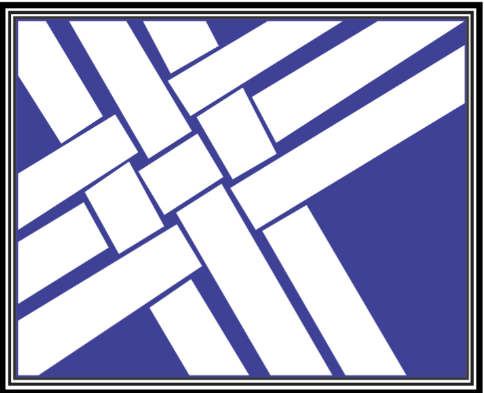Following its mission of engaging the world critically, the Department of Humanities has created a space for raising awareness about digital media literacy through a public service program that fulfills its core value of providing quality education while strengthening its ties with the local communities of Los Baños and Bay in Laguna.
Faculty members from the Department, through the active leadership of the main proponent, Asst. Prof. Madelyn Garcia, conducted the Media and Information Literacy Afterschool Program at Calo Elementary School, Bay, Laguna, on May 20 and 21, 2024. This is the fourth installment of the initiative, following the success of the same programs held in Paciano Rizal Elementary School, Los Baños Central Elementary School, and Bay Central Elementary School, all held in partnership with Daughters of Mary Immaculate International and Friends of Los Baños and Bay Children.
With the goal of advancing media literacy education among young media consumers, the program underscored the need for more culturally sensitive, child-friendly, and age-appropriate learning materials for Filipino youth. Selected Grade 6 students actively participated in the breakout sessions after watching the episodes of Meriam’s Online World, a TV series produced by the National Council for Children’s Television in partnership with the UPLB Foundation Inc. and the UPLB CAS. The 5-episode series promotes mindful media consumption to young audiences.
In the breakout sessions, Asst. Prof. Carson Jeffrey Cruz, Asst. Prof. Patricia Mariz Valencia and Ms. Maybelle Holanda, all faculty members from the Communication Division of the Department of Humanities, expounded on the key concepts tackled in the show episodes, including online gaming, online bullying, media stereotypes, cyber safety, fact-checking, and misinformation and disinformation. The students were assigned to small groups and were asked to share what they thought about each episode and some stories about their relevant experiences. After each learning exercise, the discussion was synthesized in the plenary for a more expansive exchange of insights. With the aid of the participant-led program design, the students were able to show their appreciation and understanding of the critical topics at hand.
Thanks to the support of all the partners involved, this impactful initiative of spreading awareness on the responsible consumption and management of media continues to leave a mark on the youth of our local communities. As we go on navigating the pros and cons of digital media innovation, the hope is for this program to carry on, be brought to as many audiences and agencies in the country as possible, and push for the integration of media literacy in the Philippine basic education curriculum.



